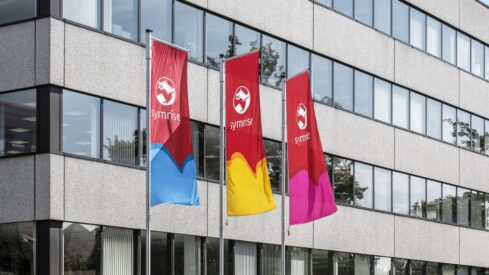Pet food drives organic growth for Symrise

The company’s Taste, Nutrition & Health segment – including pet – improved its performance by 9.3% in 2023.
The Holzminden-based company increased its global sales by 2.4% to €4.7 billion ($5.1B) and improved its organic growth by 7.9% in 2023.
Despite what it says was a “good sales development”, the company’s earnings for the year remained below expectations and recorded a “slight decline” in profitability, attributable to higher raw material and manufacturing costs.
The company said its net income amounted to €340 million ($370.7M), which was €66 million ($71.9M) lower than the previous year’s figure.
However, Symrise’s Taste, Nutrition & Health segment’s organic sales growth stood at 9.3%, which it attributed to growth in pet food, noting the acquisition of Wing Pet Food in Shanghai, China for around €20 million ($21.8M).
Double digits for pet food
The pet food division recorded double-digit organic growth last year, with “particularly dynamic” sales coming in from Western and Eastern European markets, notably Poland and France.
Symrise said it also saw similar sales growth for the division in the US, Mexico, Brazil and Southeast Asia. It remains hopeful of such “continued accelerated growth” with its ongoing efforts to expand production capacities.
Similarly, in its aqua feed division, Symrise noted positive double-digit organic sales growth, especially from the markets in Germany, Portugal, China and South Korea.
2024 and beyond
Looking ahead, particularly within pet food, the company intends to strengthen its capabilities by “building a strong ecosystem around pets” and adding competencies and expert knowledge to its innovation capabilities. This ecosystem includes pet data, pet experts, pet food, pet healthcare and pet wellbeing.
Overall, Symrise said it expects long-term global growth of 5% to 7%, which it also anticipates will be achieved in 2024. Additionally, it expects to generate sales of €5.5 billion ($6B) to €6 billion ($6.5B) by the end of 2025 and of €7.5 billion ($8.1B) to €8 billion ($8.7B) by 2028.
